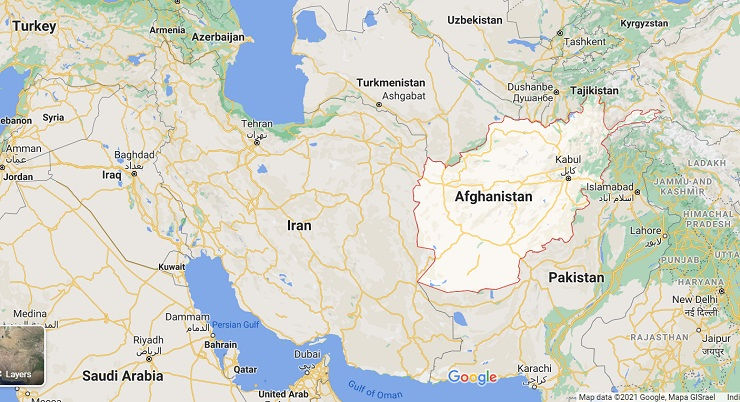Conflict in Afghanistan has already generated 270,000 refugees—some falling in the trap of terror groups, says the UNHCR—the UN Refugee Agency.
Babar Baloch, the UNHCR global spokesperson said on Tuesday that "an estimated 270,000 Afghans have been newly displaced inside the country since January 2021–primarily due to insecurity and violence–bringing the total uprooted population to over 3.5 million". Of these, 270,000 Afghans were displaced in the last six months as fighting intensified in January this year.
The displaced people are also facing extortion by terror groups as well as improvised explosive devices (IEDs) as they escape into safer areas. With decades of conflict, the humanitarian needs of the people—food, water, health, sanitation and safety—are acute, says the agency.
Afghanistan 🇦🇫
Afghan women fought hard to regain the space to breathe again.
No will to go back to an era of suffocation.
They are anxious, worried, and probably angry as well. They want peace and stability – via @ecunewsK https://t.co/zTZrLIsi64
— Babar Baloch (@iBabarBaloch) July 13, 2021
Meanwhile, Finland has stopped deporting Afghans seeking asylum on a request of the Afghan government. The government had issued a statement not just due to concerns over the fighting but also due to the Covid-19 threat. Germany has, however, reiterated that it does not plan to review its deportation policy and those who do not get the right of residence in Germany will have to leave.
This Saturday, Afghanistan's ministry of refugees and repatriation appealed, saying: "The escalation of violence by the Taliban terrorist group in the country and the spread of the third wave [of COVID-19] have caused a great deal of economic and social unrest, creating concerns and challenges for the people".
Afghans are mainly seeking shelter in Pakistan, Iran and Turkey, often crossing into Europe from Turkey. The situation does not look good for the migrants.
The Pakistan government has said that the country will confine the escalating tide of refugees on the Afghan-Pakistan border. Information minister Fawad Chaudhry said on Monday the government would "not allow them to sneak into cities and would confine them to refugee camps to be established in the Pak-Afghan border areas".
Pakistan fears the spread of Covid-19 pandemic as well as a deterioration in law and order with an influx of refugees from its conflict-ridden western neighbour. The Afghan situation worsened after the US began pulling out its troops, emboldening terror outfits to launch attacks and seize territory from the government.
Afghanistan, which has been categorised as the least safe country in the world owing to decades of conflict, additionally faces the scourge of the global pandemic.
Since mid-May this year, the country has seen a spike in the daily number of Covid-19 cases. From a weekly average which was in two digits for almost a year, the infections now hover around 1,500 as the weekly average, spawning fears that the Afghan crisis could also turn into a health nightmare for the region.
Read more: As Taliban begins to implement its code of conduct over men and women, civilians pick up the gun




















